
Fifty-nine people died out of 2,563 accidents involving motorcycles popularly known as "okada" within the last two-and -half- years at the Korle Bu Accident and Emergency (A&E) Unit.
Available statistics at the unit indicate that victims of such accidents mostly recorded within the Greater Accra Region, involved young adults from ages 18 to 37, with deaths so far being all males in such age brackets.
Majority of the deaths resulted from severe head injury, with a few others from cervical spine injuries, and polytrauma (multiple injuries resulting from an accident).
Head of A&E and Orthopaedics Department of KBTH, Dr Frederick Kwarteng, in an interview with the Ghanaian Times, envisaged more casualties by end of the year if urgent steps are not taken to control the scourge.
"This year alone, I have so far amputated 20 legs because they are brought in with dead limps and to save their lives, we have to amputate the legs. Almost 60 per cent of patients in the trauma wards now are from okada," he stated.
Similarly, he said this year, the unit had by end of the first quarter recorded a total of 462 people involved in Okada accidents, fairly higher than 425 and 452 in 2018 and 2017 respectively, within the same period.
Out of the figure, seven people between the ages 28 and 43 died as the facility receives averagely 95 Okada cases per month, he added.
Though he would not subscribe to a total ban on okada, or call for its legalisation, Dr Kwarteng laid the solution to the problem at the doors of the police service and the National Road Safety Commission to strictly enforce laid down traffic regulations.
"I don't think we should rush into legalising Okada, however, it will not also be prudent to ban it entirely because some people have used it as a means of transport fairly and have not had any injuries because they drive with care, wear helmets and obey traffic regulations.
"What we should be looking at is ensuring that the police enforce our traffic regulations and a lot more campaign goes on by the National Road Safety Commission to drum home the need for discipline on our roads, especially into the ears of young people," Dr Kwarteng explained.
Touching on the issue of "no bed syndrome" associated with the unit, Dr Kwarteng indicated that "the protocol now is that whoever is brought in as a trauma victim, we don't deny them. We see them as red cases, and there is always a bed available for trauma victims."
The Surgeon advised the public to desist from reckless driving and exercise caution on the roads to reduce unwanted injuries.
A Deputy Director of Nursing Services (DDNS), who spoke on condition of anonymity, disclosed that okada accidents were usually recorded during peak periods such as public holidays, religious festivities and weekends.
She appealed for the establishment of a special fund to assist victims of road accidents to undergo treatment to fully recover, saying, "Because cost of treatment of such cases is high, some are unable to go through full treatment to heal and fully integrate into the society, so if we get such a fund, it will go a long way to help."
There have been calls by a section of the public to legalise the use of motorcycles, while others have kicked against the idea looking at the spate of accidents in the country.
Per the Ghana Road Traffic Regulations, the use of motorcycles popularly known as "Okada" is illegal as Article 128, 2012 forbids the use of motorcycles or tricycles for commercial purposes aside courier and delivery service.
Per the regulations, the Driver and Vehicle Licensing Authority (DVLA), cannot register a motorcycle or tricycle for commercial use.
Read Full Story


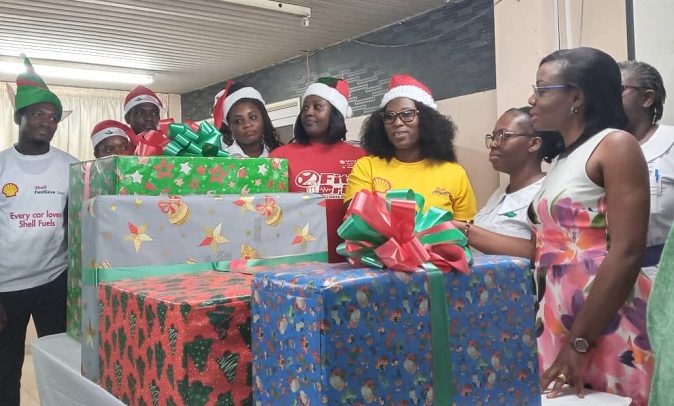
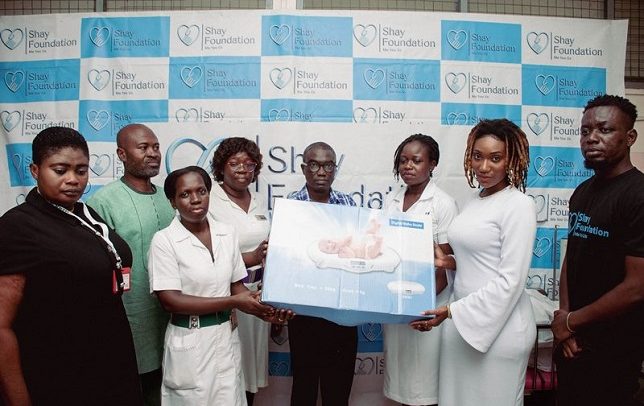

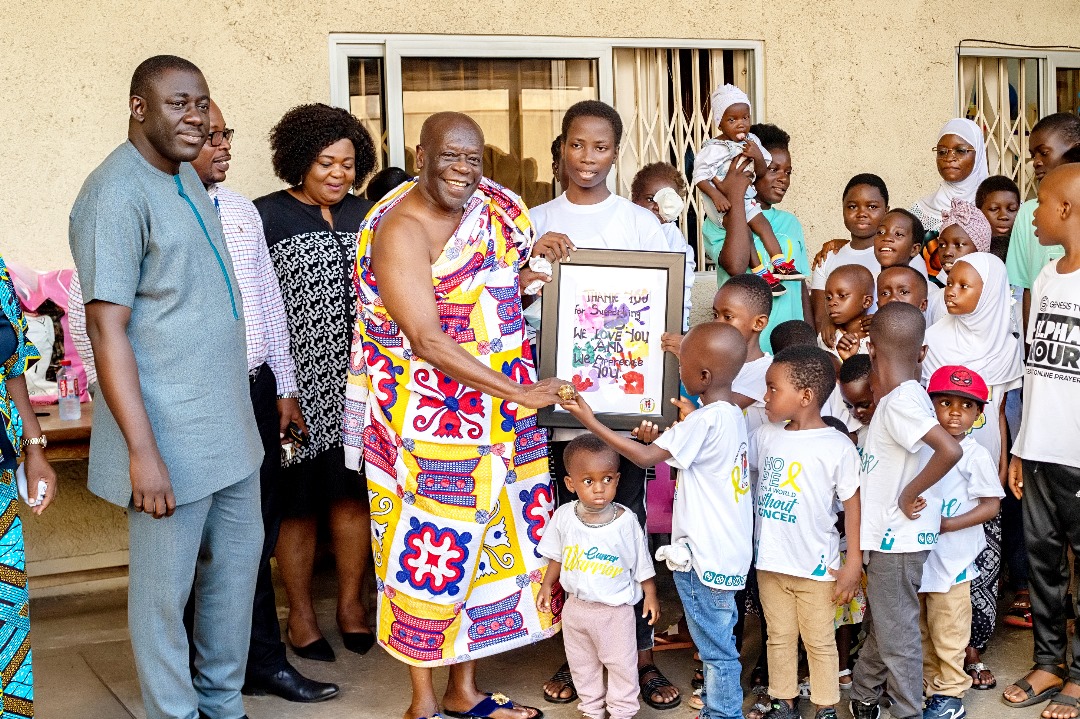







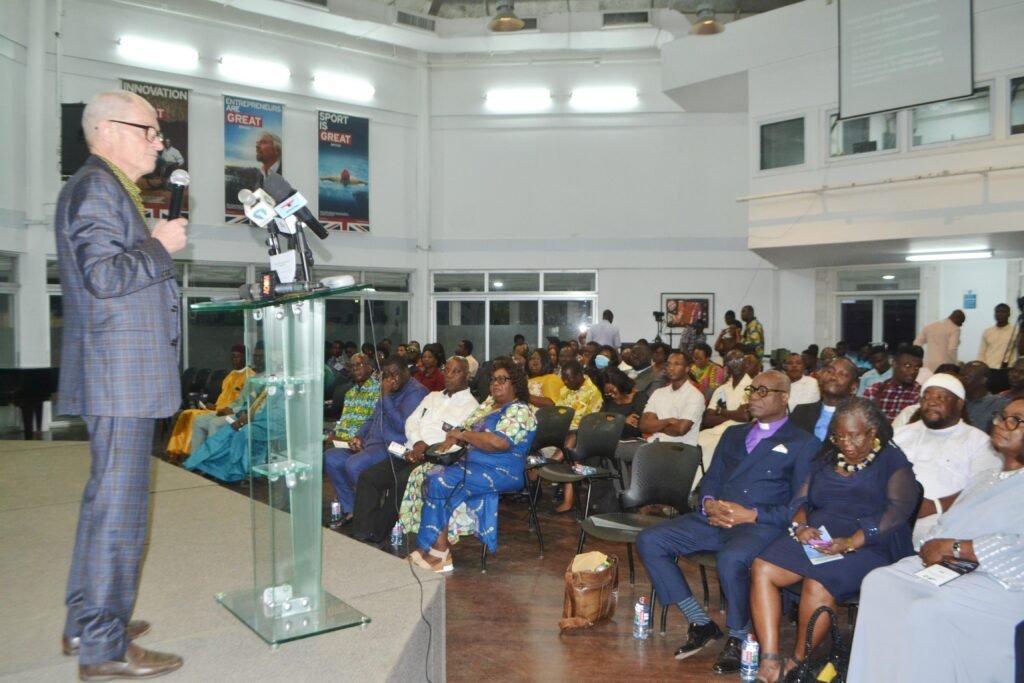

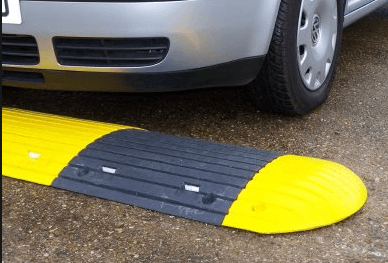



Facebook
Twitter
Pinterest
Instagram
Google+
YouTube
LinkedIn
RSS